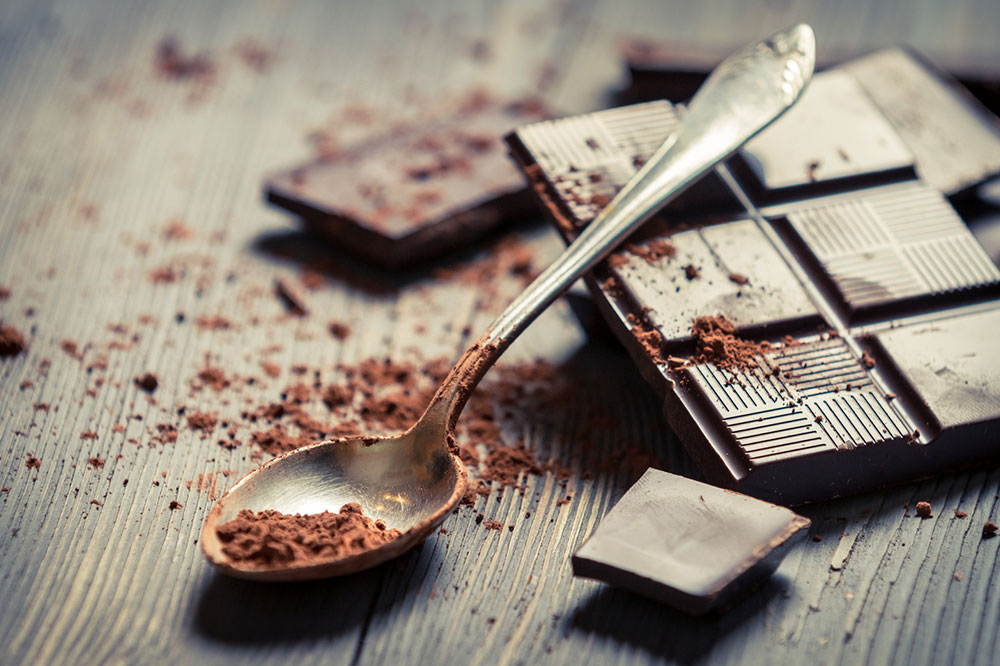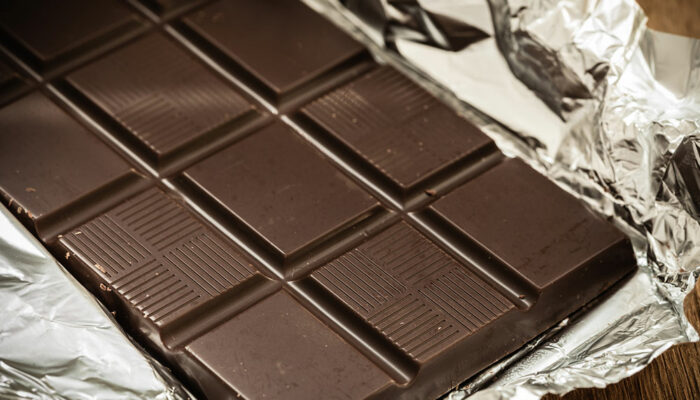
The 5 Worst Foods for Diabetes
Diabetes is a metabolic disease that is a result of an imbalance of insulin. Insulin helps your body store and use the sugars and fats you consume. There are three reasons an imbalance can occur. Either the pancreas does not produce any insulin at all, or it produces less insulin than what is needed by your body, or your body becomes insulin resistant and does not appropriately respond to it.
Diabetes is a chronic disease that drastically affects approximately 18.2 million Americans. Maintaining a healthy weight and an appropriate blood glucose level is essential. The key to managing diabetes is in your diet. Listed here are the five worst foods for people with diabetes.
1. Alcohol
There are many problems with alcohol for diabetics. The liver stores sugar and fat as glycogen, based on the amount of insulin secreted by the pancreas. Another function of the liver is to remove alcohol from the blood. So, as a person with diabetes, if you drink, your liver has to work harder than usual to remove alcohol from the blood. It cannot focus on regulating the blood sugar level, thus causing instability in blood glucose level. Besides this, if you are a diabetic taking medication for the condition, alcohol interferes with blood-sugar-lowering medicines. It can push you into hypoglycemia or insulin shock. So it is best to stay away from the bottle.
2. Sugar
The symptoms of both type 1 and type 2 diabetes can worsen if you consume sugar excessively. Apart from this, obesity is a classic risk factor for type 2 diabetes. Large amounts of sugar can also increase the risk of comorbidities, such as liver disease, cancer, hormone imbalance, chronic inflammation, immune dysfunction, and cardiac disorders. The problem is, sugar is all around you. It is present in almost all the processed and packaged foods you eat every day. Learn to read the ingredient list before buying things from the grocery store, and stay away from highly processed foods.
3. Salt
The relationship between sugar and diabetes is more straightforward than the link between salt and this metabolic disease. Sodium plays an essential role in balancing fluids in the body and maintaining blood volume and pressure. If you consume extra salt, it results in fluid retention in your body. Fluid retention causes swelling, and it is especially dangerous if you have diabetes. Sodium aggravates hypertension, heart disease, stroke, and kidney disease.
4. Simple carbohydrates
Simple carbohydrates can cause a spike in your blood sugar level right after you eat them. But since you digest them quickly, your blood sugar levels drop just as fast. This kind of fluctuation can be dangerous if you have diabetes. Change in blood sugar level is directly related to fluctuations in insulin secretions from the pancreas. Hence, it is healthier to include complex carbohydrates in your diet. They are digested at a much slower rate and release glucose into the blood at a steady pace.
5. Trans fats
One study shows that people who consume most trans fats are at a 40% higher risk of diabetes. There is a strong association between trans-fats, insulin resistance, and fluctuating blood-sugar levels. They are also closely related to obesity, which is a risk factor for type 2 diabetes. Trans fats are present in fast foods, baked goods, and deep-fried foods.



